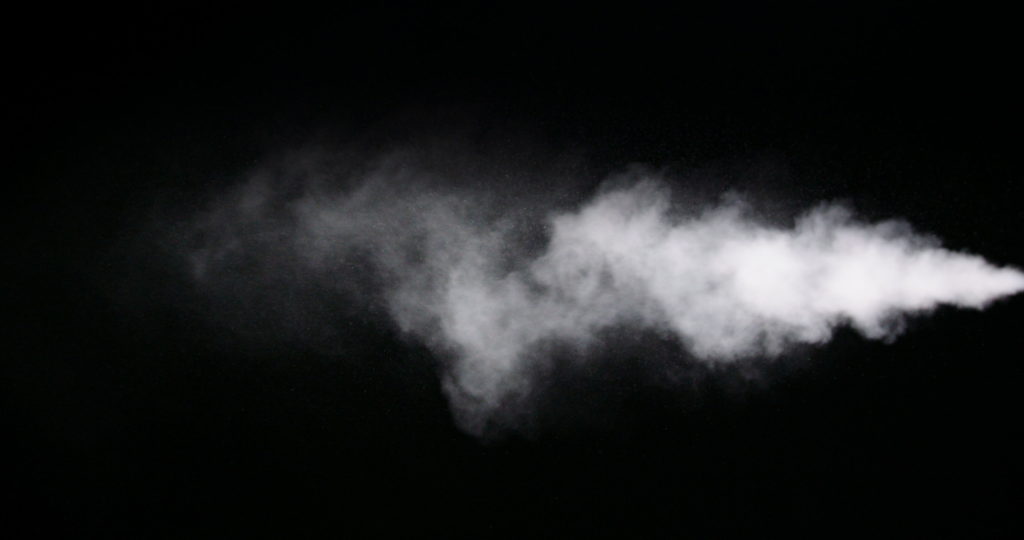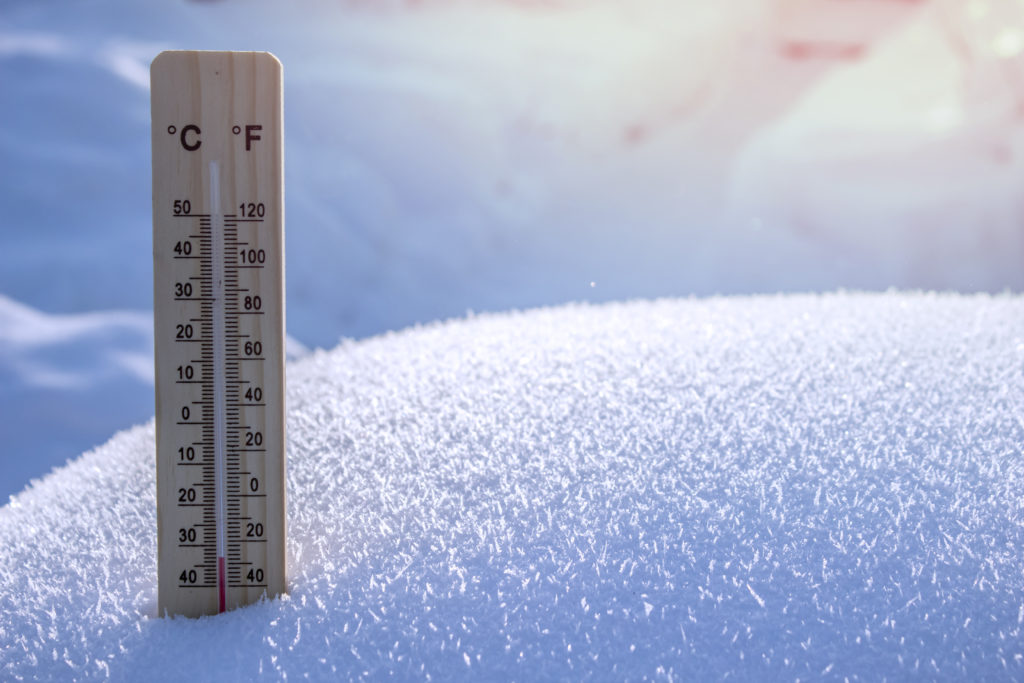
Obviously, you can run a pressure water using pretty much any liquid as long as you’ve got the guts and you aren’t afraid to break it. Running a pressure water with no liquid at all is a different story entirely.
A pressure washer can run without water, but doing so for even a few seconds risks it overheating and being destroyed. This is because the pump will work extra hard to try and fill itself with water, even if there isn’t any available. This is incredibly bad for the pump.
Why did you want to do that anyways? Let’s go through some of the reasons that the pump in a pressure washer would have trouble if didn’t have enough water.
What Is A Pump?
Pumps are fairly simple devices that serve one basic purpose: To move water from one place to another. There are a couple different kinds of pumps, but all of them share a couple of attributes especially if they’re powered by a motor.
One of these attributes is that the pump can’t work properly unless it is filled with water. The easiest example of this is actually the example provided by a pressure washer.
Essentially, the pump has a cylindrical chamber that is usually kept closed by a cylinder that fits perfectly inside of it. When this cylinder is pulled out of the chamber, any fluid that the pump is connecting to will rush in to fill it.
For a pressure washer, this fluid is almost always water. This is good, because the pumps in pressure washers are built to be able to deal with water really well.
Once the pump is filled with water, it can be expelled out the other side by pushing the cylinder back into the chamber and closing the intake.
The thing with water is that it doesn’t like to be compressed, so it will actually do a lot of the work of expelling itself for the pump.
This both limits the speed at which the pump can usually work, and the amount of work that it needs to do to get that work done.
When the fluid used in the pump is replaced by air, we start to have some serious problems.
For one thing, the pump will continue to push as hard as if it were trying to push water, but meet with almost no resistance because air doesn’t mind being squished nearly as much.
This means that even though the pump is trying to exert pretty much the same amount of energy as it always has, it ends up needing to move much faster and put much more strain onto its components than it usually would.
This is true whether the pump is filled entirely with air or is filled with half air and half water. Either way, this undue strain can cause all sorts of problems with your machine, from overheating broken parts.
Cooling

This isn’t helped by the fact that pressure washers don’t use a cooling system.
This is because usually the water that runs through the entire machine can do this job just fine. Not only this, but the water also acts a lubricant for much of the machine’s inner workings.
Without these two critical functions being fulfilled, all of the problems mentioned before become even worse.
Why Would You Do This?
I can imagine a situation in which most of the pressure washer is broken down and you want to repurpose just the pump to use as a vacuum, or maybe it’s having some kind of a problem trying to run and you think that letting it warm up will help it run better.
Neither of these plans will work. if you need a vacuum pump, you’ll need to find one that’s specifically designed to pump air. If your pump needs to warm up, you probably need to get it repaired before running it dry makes it so much worse that the whole pump needs replacing.
It’s just not something that you should do. Just don’t do it. It’s bad. Please just trust me on this one.
What About Other Liquids?
I said that the pump in a pressure washer is specifically designed to run using water. This is true. However, all sorts of liquids have pretty much the same qualities as water (because water is their primary ingredient.)
This means that you can load a pressure washer with something like grape soda or milk and use it to spray that as long as you can afford to spray two to three gallons of the stuff every minute.
For a lot of liquids, the sheer amount that you would need to use is really the primary limiter in this situation.
Of course, there are some liquids that you probably could get enough of but would probably still want to avoid launching out of a pressure washer.
For instance, you could probably go out and buy a good couple gallons of gasoline, but it would still be incredibly dangerous to try and spray it literally anywhere.
If you’re some kind of crazy oil baron you could probably load it up with crude oil and spray that all over your property as a flex but again, that would be pretty dangerous and also a huge pain to clean up after.
However, you could probably say the same thing about grape soda, except covering your home in grape soda wouldn’t even be a flex. It would just be a really weird thing to do.
What If I Want To Fill My Pressure Washer With A Non-Newtonian Fluid?
What, like flour? Or glue? Well, that would also be a really bad idea. Pumps that are meant to deal with Non-Newtonian fluids need to be specially designed for the way that they tend to change properties depending on the speed at which they are currently being accelerated.
This means that if you were to attempt to run a pressure washer using, say, oobleck, it would almost certainly be destroyed in a matter of moments.

Flour or sand, on the other hand, might not even work in a pump since, while as a collective they tend to act as fluids (taking on the shape of their container, etc.) as individual grains they are still solid. This means that, as far as I can tell, they won’t move in to fill the pump.
So if you were thinking of using your pressure washer to blast flour, I guess maybe don’t do that?
